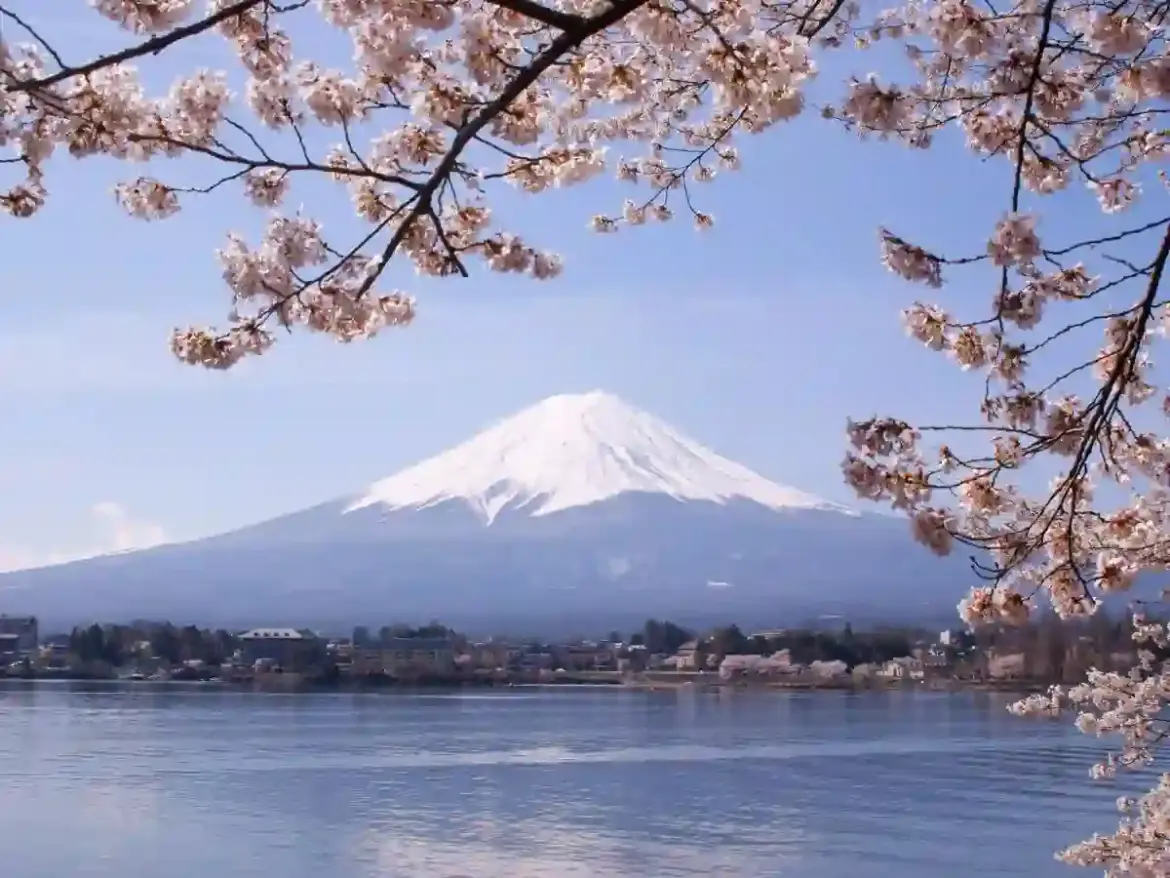As tensions continue over Russia’s energy exports, Japan has made it clear that it will not hike tariffs on countries importing Russian oil.
Finance Minister Katsunobu Kato emphasized that Tokyo must operate within the limits set by the World Trade Organization (WTO), avoiding any discriminatory measures beyond agreed ceilings.
WTO Commitments Prevent Discriminatory Tariffs
Kato underlined that Japan is obliged to treat all WTO members fairly, as long as they follow the organization’s rules.
“It would be difficult for us to raise tariffs, say, to 50 percent, simply on the grounds that a certain country imports oil from Russia,” he explained, signaling that Japan cannot act unilaterally even under pressure from global partners.
Coordinating Pressure with G7 Allies
Despite these constraints, Japan is actively looking at ways to pressure Moscow through international coordination.
Kato noted that Tokyo is studying effective measures alongside its G7 partners.
On September 12, G7 finance ministers held an online meeting to discuss new sanctions against Russia, aiming to increase global pressure on the Kremlin.
U.S. Pushes for Stronger Measures
During the same G7 meeting, U.S. Treasury Secretary Scott Bessent suggested imposing tariffs of up to 100 percent on China and India for continuing to purchase Russian oil.
Bessent argued that such measures are crucial if the West is “truly determined to end” the conflict between Moscow and Kyiv, signaling strong U.S. determination to curb Russia’s energy revenues.
Japan’s Own Energy Imports from Russia
Japan itself still imports modest amounts of Russian oil, making up roughly 1 percent of its total oil imports as of June.
The country also relies on Russian liquefied natural gas (LNG), with the Sakhalin-2 project being a key source for Japan’s energy needs.
These factors make Japan cautious about drastic measures that could disrupt its own energy security.
Global Challenges to Sanctions
The broader push to halt Russian oil sales faces resistance elsewhere.
Washington has called on NATO countries to stop purchasing Russian oil, warning that serious sanctions could follow if Moscow continues to sell.
However, countries such as Turkey and Hungary are unlikely to back such measures, adding another layer of complexity to the international strategy.
